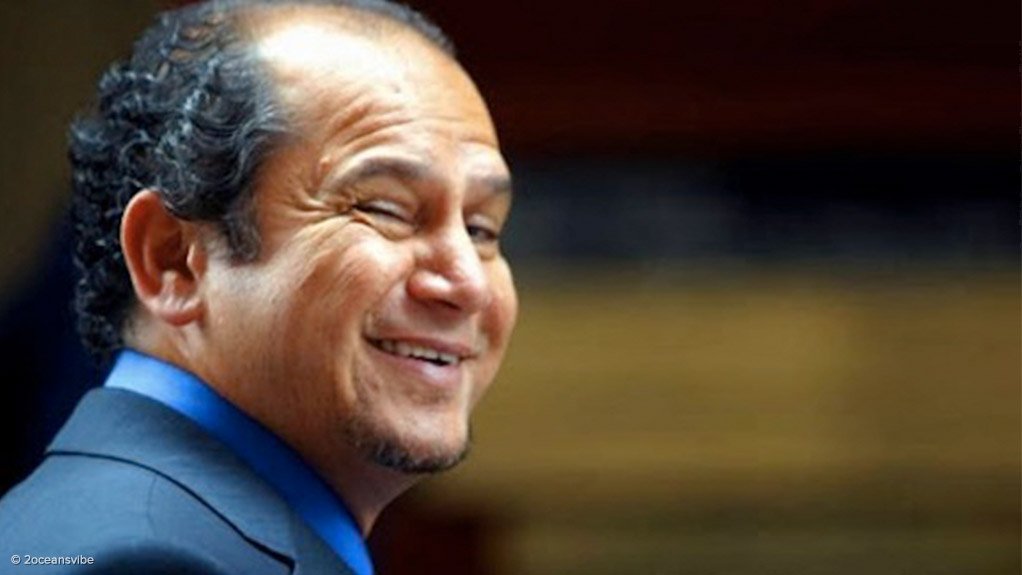/ MEDIA STATEMENT / The content on this page is not written by Polity.org.za, but is supplied by third parties. This content does not constitute news reporting by Polity.org.za.
The DA will write to the Minister of Justice and Correctional Services, Michael Masutha, to invite him to take the matter of Schabir Shaik’s parole to Court to determine whether he should return to prison to serve the rest of his term of imprisonment, or whether his parole conditions should be altered in such a way that the South African public no longer have to be fed the lie that he is still terminally ill – eight years after his release.
Early in April 2009, Mr Schabir Shaik was released on medical parole from imprisonment after serving just more than two years of a fifteen-year sentence under the Prevention of Corrupt Activities Act. Of the short time he served, much of it was in hospital. Mr Shaik had been Mr Zuma’s financial adviser, and many of the offences for which he was convicted were closely connected with Mr Zuma’s alleged role in the defence acquisition programme. Mr Zuma became the President two months after Mr Shaik was released.
At the time of his release, medical parole was considered and granted in terms of section 79 of the Correctional Services Act, which, at that time, read as follows:
“Any person serving any sentence in a prison and who, based on the written evidence of the medical practitioner treating that person, is diagnosed as being in the final phase of any terminal disease or condition may be considered for placement under correctional supervision or parole….to die a consolatory and dignified death.”
According to a reply to a DA parliamentary question, Mr Shaik is still alive and well, so much so that his parole conditions allow him to play one afternoon of sport.
He has not died “a consolatory and dignified death” eight years after his release, and frankly, he is so well that his parole conditions allow him, with permission, to travel to other provinces.
It is clear that he was never “in the final phase of any terminal disease or condition”. The medical practitioner on whose diagnosis he was released was performing community service at the time.
The Health Professions Council refused to launch an enquiry into this charade, and Mr Shaik walked free, doubtless in the expectation of a presidential pardon, for which he applied shortly thereafter, and which was quite correctly refused.
Everyone knows that his release was political expedience at its ugliest. To its credit, Parliament amended this provision in the Act after his release, making release on medical parole far more rigorous.
Yet we still sit with this situation: a person who was quite clearly released erroneously, but much more likely released fraudulently, on medical parole, who continues to make a mockery of the medical parole system.
Should the Minister fail or refuse to do this, the DA will consider its options, including, even at this stage, reviewing the rationality of the decision to grant Mr Shaik medical parole.
Issued by DA
EMAIL THIS ARTICLE SAVE THIS ARTICLE ARTICLE ENQUIRY
To subscribe email subscriptions@creamermedia.co.za or click here
To advertise email advertising@creamermedia.co.za or click here











